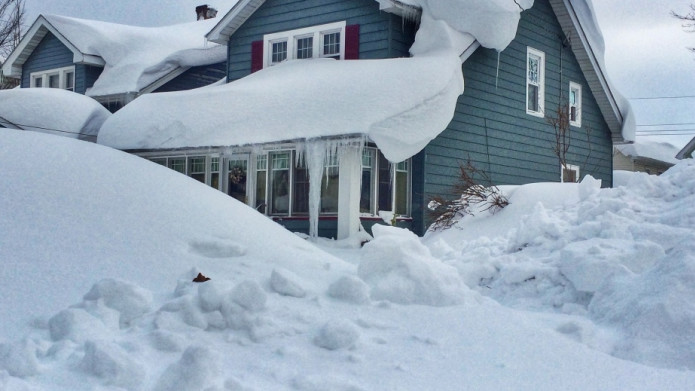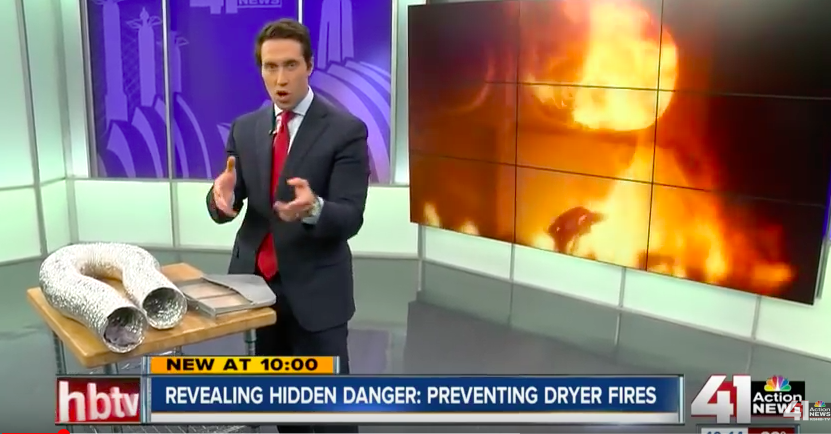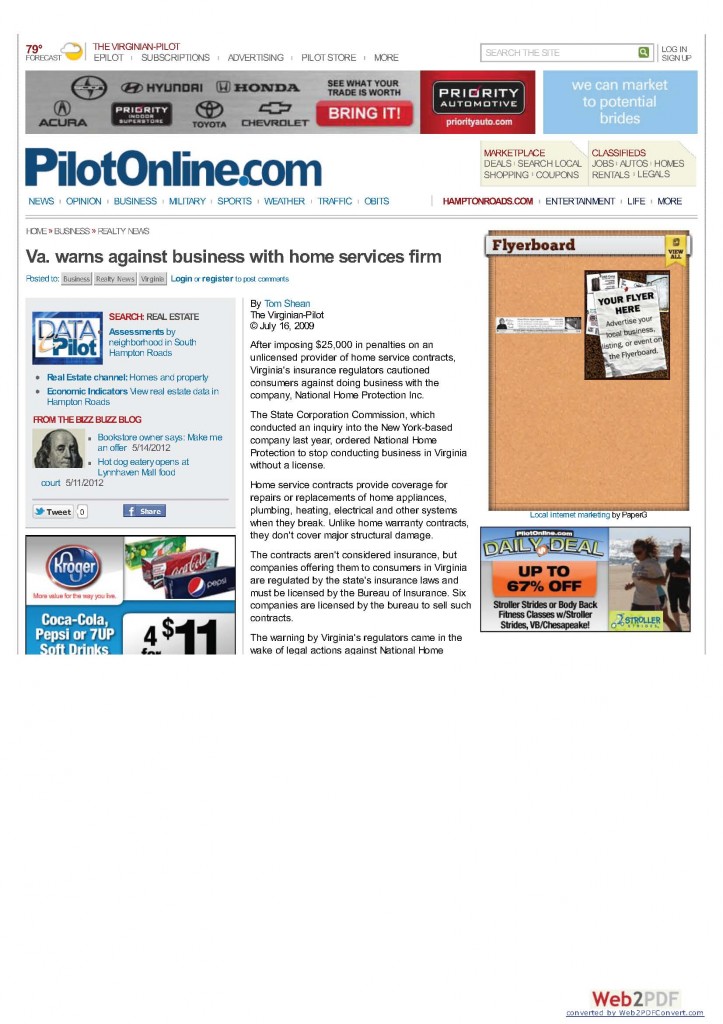Take a few minutes to read and make sure you have properly winterized your home.
The NHSCA contributed to a terrific article on SheKnows.com
Read the entire (original and unedited) SheKnows.com by Rolla Bahsous online here.

How to get your home ready for the cold season
If you’ve already pulled out your winter coat and put snow tires on your car, there’s still one thing you’re missing before the cold weather hits. Most people completely overlook the few simple steps needed to winterize a house. It’s important to remember that while home service contracts generally provide service, repair or replacement for the major built-in appliances and systems in your home – such as dishwashers, electrical and plumbing systems, heating ventilation and air conditioning systems – regular maintenance is still very important.
- Self-check your heater and HVAC
Turn the heat on and be sure that all the rooms in your home are getting enough heat through the vents. Check and change your HVAC (furnace) air filters. “Many of us think of changing our furnace filters just once or twice a year, yet experts say we should replace them every month during the heating season,” says Andrea Woroch, a consumer and money-saving expert.
- Schedule a professional furnace maintenance visit.
A furnace tune-up not only includes cleaning that keeps your furnace running efficiently, but it also catches small problems before they turn into big problems that can not only cause inconvenience and discomfort. An annual maintenance contract from a local, trusted HVAC company is also a great idea. They will not repair or replace broken units like a home service contract, but they go a long way to keeping your home running happy and healthy.
- Check batteries and update your fire and CO detectors.
Check and replace all batteries as needed. Don’t forget a good quality carbon monoxide detector in your bedroom and near your gas heater and/or gas water heater. Even a small problem can lead to gas leaking into your home or dangerous carbon monoxide levels. Carbon monoxide (CO) is a deadly, colorless, odorless, poisonous gas. According to the Consumer Product Safety Commission, on average, about 170 people in the United States die every year from CO produced by non-automotive consumer products. Be mindful, many detectors typically need to be replaced every five to seven years.
- Get the fireplace ready
If you have a fireplace, be sure it’s ready by ensuring the chimney is clean. If you have burned a few cords of wood, having a professional chimney sweep is mandatory. If you don’t have a fireplace but wish to have the cozy ambience, check out some faux fireplace units at your local décor store. Some of these fireplaces are designed to emit heat in addition to the “fire” display.
- Check your gutters
Letting leaves pile up in the gutter can cause big problems any time of year, and in cold weather especially. The NHSCA says, “During winter months, leaves can potentially cause melting ice and snow to backup into your attic, and even your basement. Be sure to pay particular attention to gutters that have branches directly over them. Not all trees shed their leaves at the same time so you may need to check the gutters in both the fall and early winter.”
- Check your windows
To keep warmth inside your home, inspect all windows and make sure there aren’t any cracks where heat may escape. It might be wise to cover all your windows facing North with a plastic sheet. You can find these at your local hardware store and the cost far outweighs the heating saving you’ll gain by covering your windows. Pella Corporation, the leading manufacturer and designer of windows, doors, blinds and shades for homes and commercial buildings, also recommends clearing windowsills of dirt and debris since pre-winter window cleaning is one task most homeowners overlook: “Debris like sand, dirt or leaves can get caught in windowsills and moving parts of windows or doors. Clean these areas with a dry paintbrush to create a tighter seal and enhance window and door performance.”
- Check the outside of your house
If you haven’t eyeballed your home’s exterior in a few months or more, now’s the perfect time to reassess at the start of a new season. Before that first snowfall, Pella Corporation recommends repairing or replacing damaged exterior surfaces that could expose your home’s interior to the outside elements. Pella Corporation advises, “Cracked or deteriorated wood on the roof or near the foundation is typically associated with water penetration and may allow moisture or cold air to leak into your home. Look closely for signs of moisture leakage and replace damaged wood. Consult a professional to help correct any roof or drainage problems around your home.”
- Remove leaves around your outside HVAC unit.
The HVAC unit is likely your home’s largest operating system. The compressor part of your air conditioner is located on the exterior of your home and can become inefficient with debris and leaves blocking it. You can even use a wet dry vacuum or your hands to remove the debris from the bottom for manual cleaning. Wear gloves if using your hands for manual cleaning and turn off your main breaker first – just to be safe.
- Turn off exterior faucets
This may seem like a no-brainer, but it’s also one of the easiest home winterizing tips to overlook — because it’s so simple. According to the NHSCA, “Un-drained water in pipes can freeze, which will cause pipes to burst as the ice expands.” The NHSCA recommends, “Start by disconnecting all garden hoses and draining the water that remains in faucets. If you don’t have frost-proof faucets (homes more than 10 to 15 years old typically do not), turn off the shut-off valve inside your home.
- Install a programmable thermostat
To keep home temperatures regulated and energy costs to a minimum, we recommend installing a programmable thermostat to lower temperatures when the house is empty and warm it up again in the morning. We have used and love the internet controlled NEST brand which retails for about $199.00. However cheaper models are available that work fine. Woroch says, “You can pick one up for as little as $20 and save an average of 10 percent a year on your heating and cooling bill. Since some of these are expensive, look for deals to save money on programmable thermostats and other home energy products.”
The National Home Service Contract Association (NHSCA) is a non-profit 501(c) (6) industry trade organization of member companies serving home service contract providers and consumer interests throughout the United States. For more great industry and consumer information, visit https://homeservicecontract.org or call 913871-5600.
#10a



